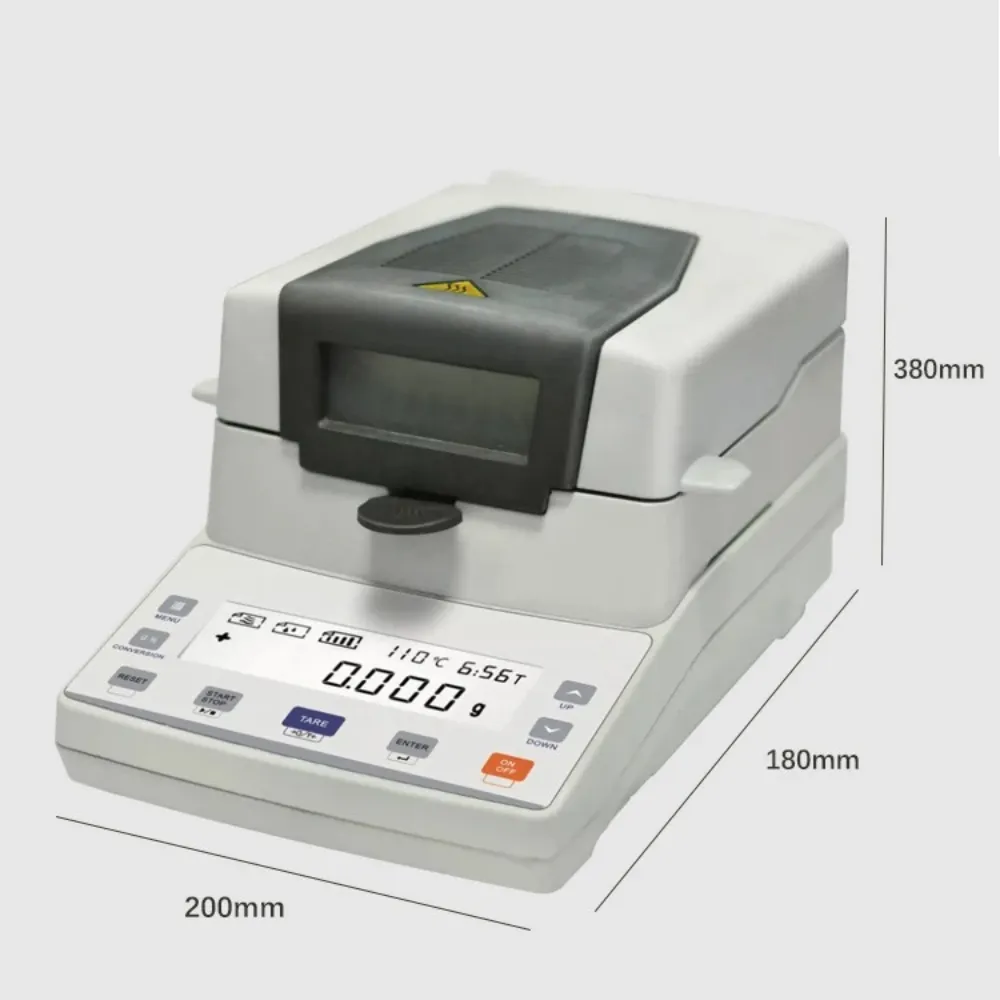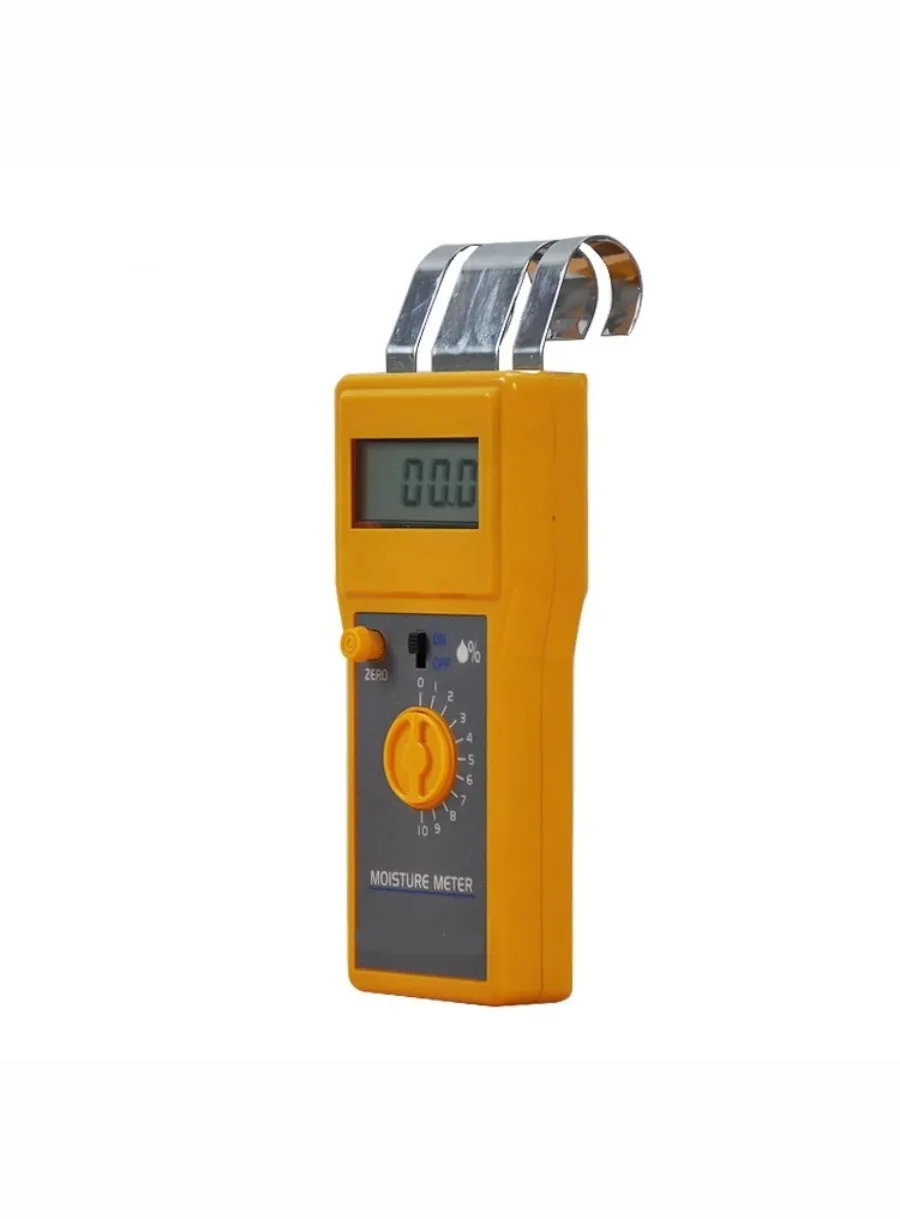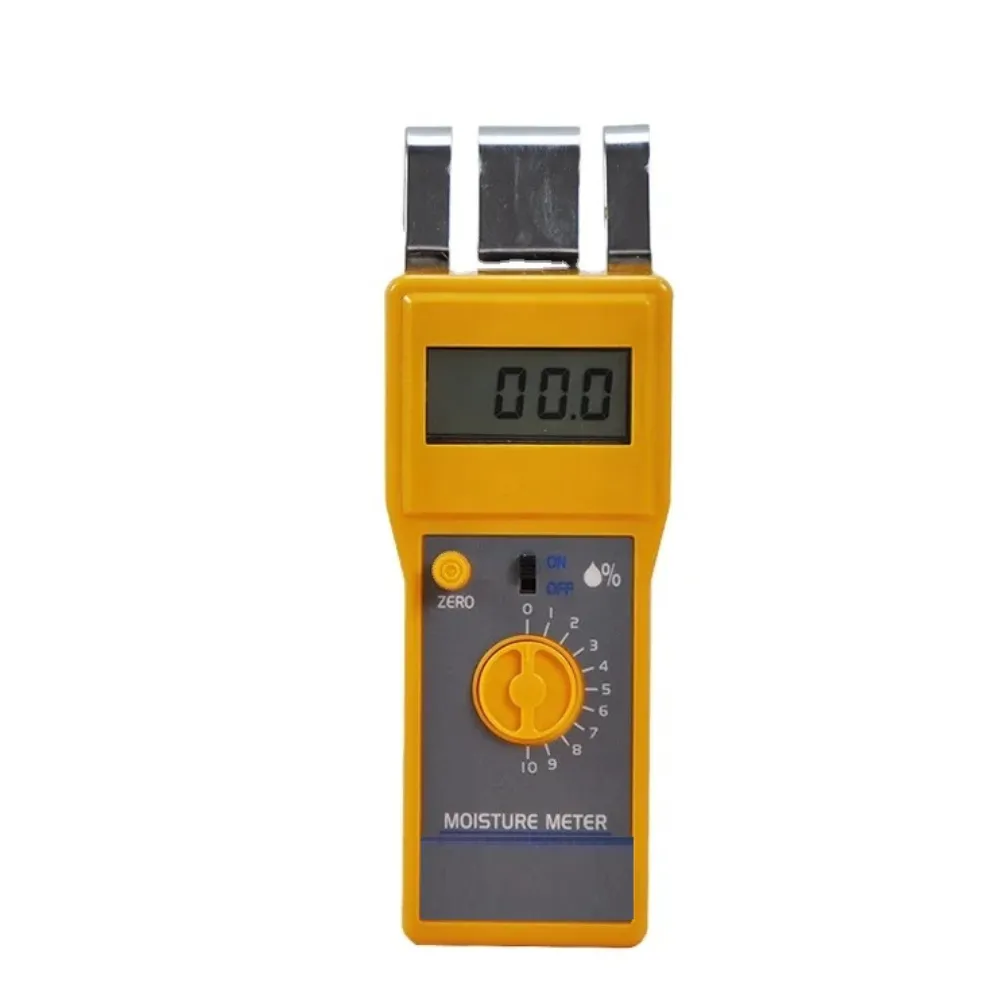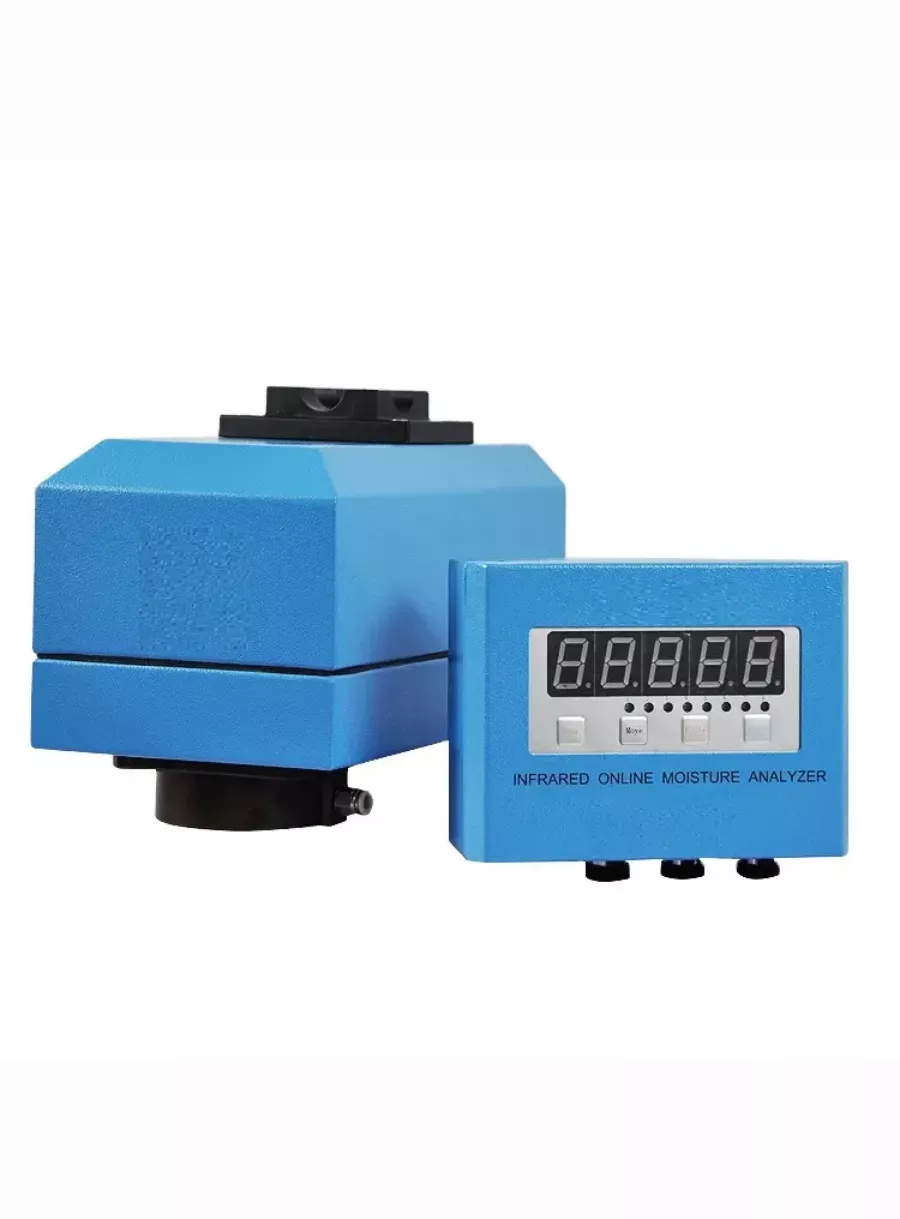
The Benefits of Using Textile Moisture Meters in Textile Laboratories
Table of Contents
First and foremost, textile moisture meters help in maintaining the quality of textiles by providing accurate and reliable measurements of moisture content. This is particularly important in the textile industry, where moisture content can significantly affect the performance and durability of textiles. For instance, excessive moisture can lead to mold and mildew growth, which can cause damage to the fabric and reduce its lifespan. On the other hand, insufficient moisture can result in the fabric becoming brittle and prone to tearing. By accurately measuring the moisture content, textile moisture meters enable manufacturers to ensure that their products meet the desired quality standards.
Another benefit of using textile moisture meters is that they help in maintaining the consistency of textile products. In the textile industry, it is essential to maintain a consistent level of moisture content in order to achieve a uniform appearance and feel of the fabric. Textile moisture meters allow manufacturers to monitor and control the moisture content during the production process, ensuring that the final product is consistent in terms of quality and performance. This consistency is particularly important for textiles that are used in applications where uniformity is crucial, such as medical textiles and technical textiles.

Boosting Efficiency: Streamlining Quality Control and Reducing Costs
Textile moisture meters also contribute to the overall efficiency of the textile industry by reducing the time and effort required for quality control. Traditionally, the process of measuring moisture content in textiles involved manual methods, such as the use of hygrometers and gravimetric analysis. These methods were time-consuming and required a significant amount of labor, which increased the cost of production. Textile moisture meters, on the other hand, provide quick and accurate measurements, allowing manufacturers to perform quality control checks more efficiently and at a lower cost.
Driving Innovation: Supporting Research and Development
In addition to their role in quality control, textile moisture meters also play a crucial role in research and development activities in the textile industry. By providing accurate and reliable measurements of moisture content, these meters enable researchers to conduct experiments and develop new textile materials with improved performance and durability. This is particularly important in the field of technical textiles, where the development of new materials with specific properties is essential for meeting the demands of various industries, such as automotive, aerospace, and medical.

Promoting Sustainability: Minimizing Waste and Environmental Impact
Furthermore, textile moisture meters contribute to the overall sustainability of the textile industry by helping manufacturers reduce waste and minimize the environmental impact of their production processes. By accurately measuring the moisture content of textiles, manufacturers can optimize their production processes to minimize waste and reduce energy consumption. This not only helps in reducing the environmental footprint of the textile industry but also contributes to cost savings for manufacturers.
Conclusion: Textile Moisture Meters as Essential Tools for Success
In conclusion, textile moisture meters are essential tools in textile laboratories that provide a range of benefits, including maintaining the quality and consistency of textiles, improving the efficiency of the production process, and contributing to research and development activities. By accurately measuring the moisture content of textiles, these meters enable manufacturers to ensure that their products meet the desired quality standards, while also helping to reduce waste and minimize the environmental impact of their production processes. As a result, textile moisture meters play a crucial role in the overall success and sustainability of the textile industry.
Comments
Tags
Frequently Asked Question
By accurately measuring moisture content, they help control factors like mold growth and fabric brittleness, ensuring the durability and performance of textiles.
They enable manufacturers to monitor and control moisture levels during production, resulting in uniform appearance, feel, and performance across textile batches.
They provide quick and accurate measurements, streamlining quality control processes and reducing the time and labor required for traditional methods.
They provide accurate data for experiments, enabling the development of new textile materials with improved performance, durability, and specific properties for various applications.

